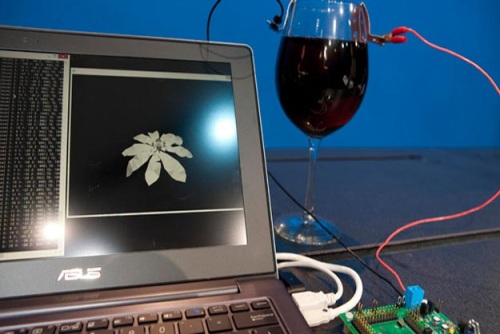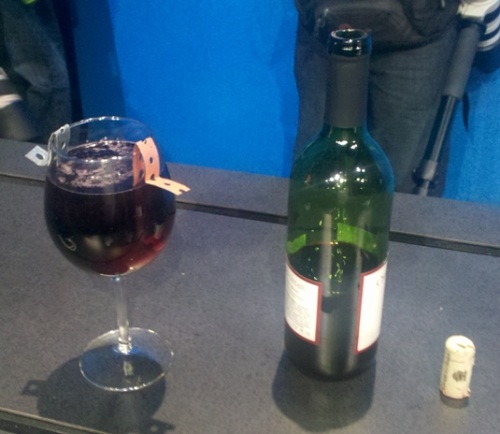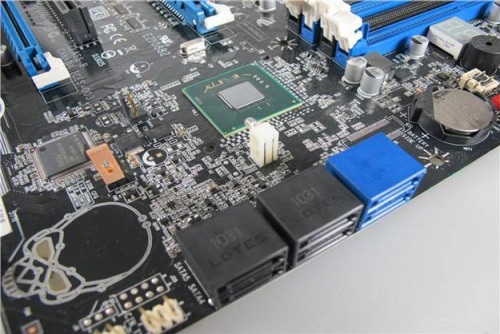At Intel’s recent Developer Forum, Dr. Genevieve Bell demonstrated a chipset the company developed that required such a tiny amount of electricity to operate, it was able to be powered by a glass of wine.

Two electrodes were placed in the glass of wine, whereupon they reacted with the acetic acid in the drink. This created a tiny current which, in turn, powered up the aforementioned chipset.

This sort of power source has been done a million times before by elementary students who use potatoes as batteries to power various devices. The point behind Dr. Bell using a glass of wine was to demonstrate the fact that the glass in itself provided, at best, a miniscule amount of power, but it was enough to run the company’s new brand of silicon.
“Some people turn water into wine, here at Intel we're turning wine into electricity,” Bell said. “It's possible to start to imagine a world of incredibly low power but also with high performance, which will help unburden us, help us do things that are remarkable and gives the ability to power things like constant sensing, communication, and computing — all of which are necessary for our mobile future.”
While the company is not likely to set up a department for vino-powered technologies, they do foresee a future where this ultra-low power chipset could be used to power devices in poverty-stricken parts of the world where access to power sources is hard to come by.

Story via: theregister.co.uk
Advertisement
Learn more about Electronic Products MagazineIntel





